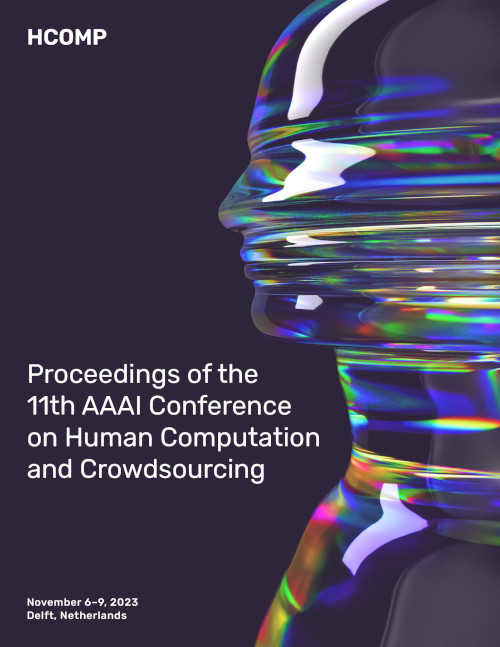A Crowd–AI Collaborative Approach to Address Demographic Bias for Student Performance Prediction in Online Education
DOI:
https://doi.org/10.1609/hcomp.v11i1.27560Keywords:
Crowd–AI Collaboration, Demographic Bias, Online EducationAbstract
Recent advances in artificial intelligence (AI) and crowdsourcing have shown success in enhancing learning experiences and outcomes in online education. This paper studies a student performance prediction problem where the objective is to predict students' outcomes in online courses based on their behavioral data. In particular, we focus on addressing the limitation of current student performance prediction solutions that often make inaccurate predictions for students from underrepresented demographic groups due to the lack of training data and differences in behavioral patterns across groups. We develop DebiasEdu, a crowd–AI collaborative debias framework that melds the AI and crowd intelligence through 1) a novel gradient-based bias identification mechanism and 2) a bias-aware crowdsourcing interface and bias calibration design to achieve an accurate and fair student performance prediction. Evaluation results on two online courses demonstrate that DebiasEdu consistently outperforms state-of-the-art AI, fair AI, and crowd–AI baselines by achieving an optimized student performance prediction in terms of both accuracy and fairness.Downloads
Published
2023-11-03
How to Cite
Zong, R., Zhang, Y., Stinar, F., Shang, L., Zeng, H., Bosch, N., & Wang, D. (2023). A Crowd–AI Collaborative Approach to Address Demographic Bias for Student Performance Prediction in Online Education. Proceedings of the AAAI Conference on Human Computation and Crowdsourcing, 11(1), 198-210. https://doi.org/10.1609/hcomp.v11i1.27560
Issue
Section
Full Archival Papers

